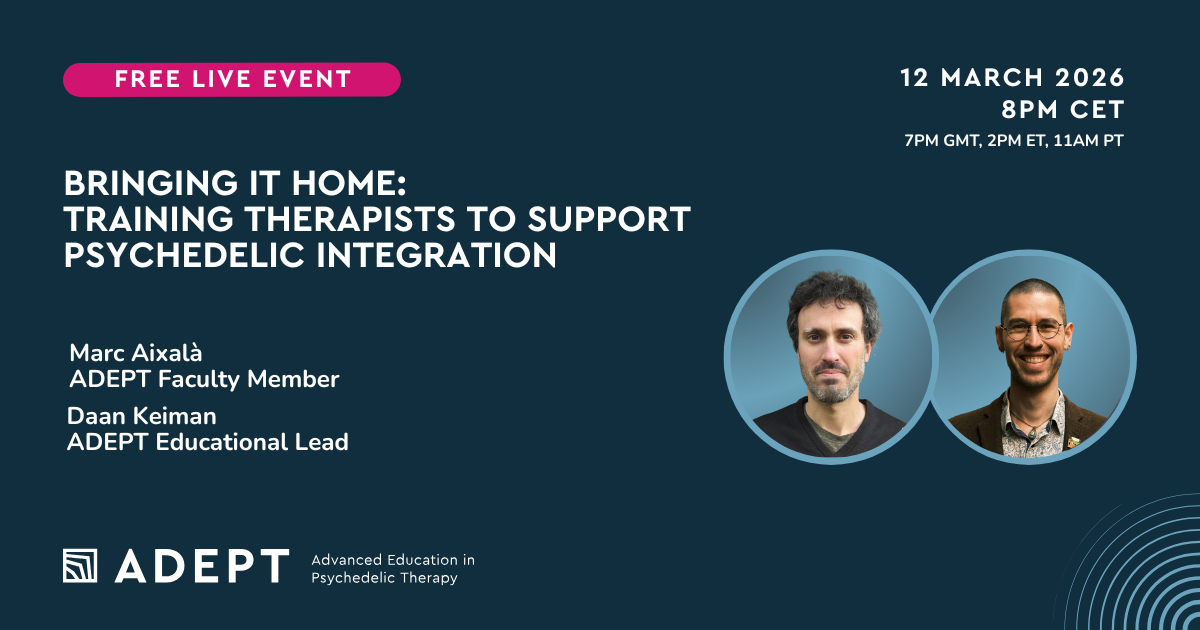Abstract
BACKGROUND: Hoasca (also called ayahuasca) is a N,N-dimethyltryptamine (DMT) – containing psychedelic brew originally used for magico-religious purposes by Amerindian populations of the Amazon Basin. Recently, Brazilian syncretic churches have helped spread the ritual use of hoasca to Western societies. The aim of this study was to evaluate substance use, and neuropsychological and psychological functioning of regular hoasca users within a religious setting.
METHODS: Assessment of socio-economic status, mood, personality traits, impulsiveness, drug use, quality of life, extrinsic and intrinsic religiosity, and neuropsychological function was performed on 30 volunteers from a U.S. branch of União do Vegetal (UDV), a Brazilian religion which uses hoasca ritually. We also assessed 27 non-hoasca-using control subjects matched by socio-demographic profile and church attendance. Mann-Whitney U, chi-squared and Fisher tests were used to analyze differences between groups. Spearman’s association and simple logistic regression tests were used to analyze the impact of frequency of hoasca use on dependent variables.
RESULTS: Relative to the control group, the UDV group demonstrated lower scores for depression (p=0.043, r=.27) and confusion (p=0.032, r=.29) as assessed by the Profile of Mood States (POMS); higher scores on the instrument Big Five Inventory (BFI) for the personality traits agreeableness (p=0.028, r=.29) and openness (p=0.037, r=.28); higher scores on the quality life domain role limitations due to physical health as determined by the instrument Medical Outcomes Study Short Form-36 – SF-36 (p=0.035, r=.28); less recent use of alcohol (p<0.001, φc=.57), greater past use of alcohol to intoxication (p=0.007, φc=.36) and past use of cannabis (p=0.001, φc=.45) as measured by the Addiction Severity Index (ASI), 5th edition; better score on a measure of memory vulnerability to proactive interference as measured by the California Verbal Learning Test – CVLT (p=0.040, r=.27). Lifetime use of hoasca was positively correlated with role limitations due to physical health (p=0.032, rs=.39) and negatively associated with lifetime heavy alcohol use (p=0.034, OR=0.979).
CONCLUSIONS: The findings indicate that religious use of hoasca does not adversely affect neuropsychological functioning and may have positive effects on substance abuse and mood.
Barbosa, P. C. R., Strassman, R. J., da Silveira, D. X., Areco, K., Hoy, R., Pommy, J., … & Bogenschutz, M. (2016). Psychological and neuropsychological assessment of regular hoasca users. Comprehensive Psychiatry, 71, 95-105. 0.1016/j.comppsych.2016.09.003













